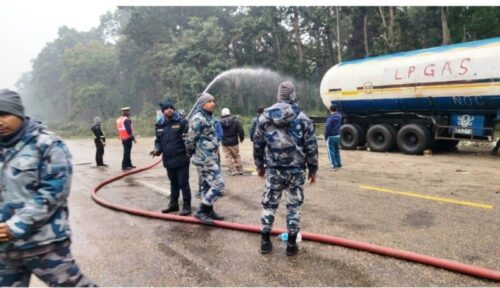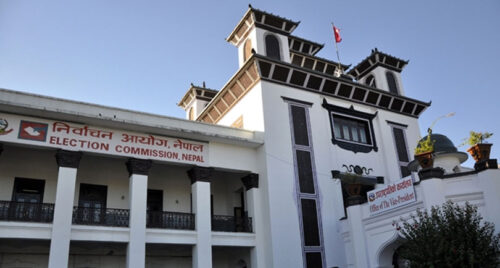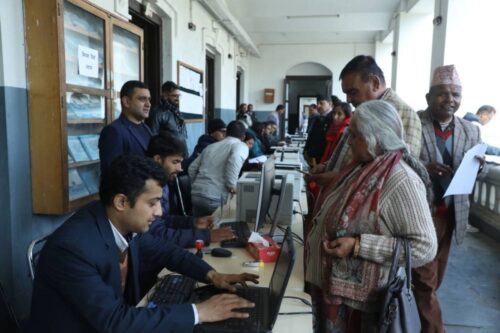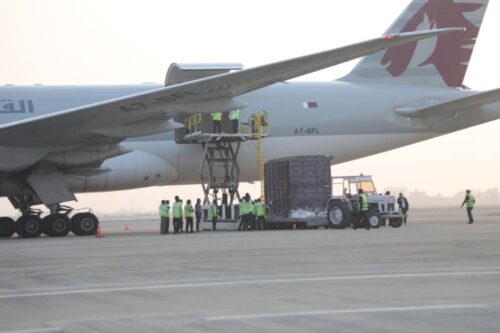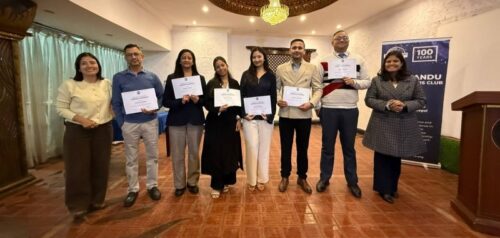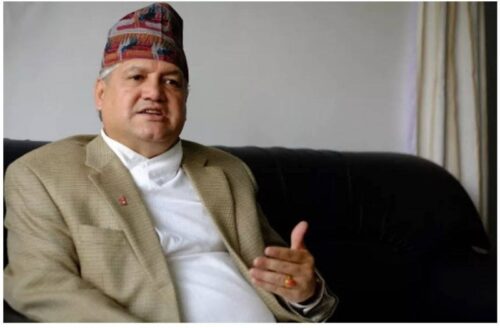The Supreme Court has ruled that DNA results are most accurate method to determine paternity especially when documentary evidence is controversial or suspicious.
A division bench of Justice Tek Prasad Dhungana and Binod Sharma delivered the verdict in response to an appeal filed by Pradip KC and others (opponents) against Salina Malla and Prasana KC (plaintiff). The bench overturned the lower courts’ verdict determining Pradip KC as Prasana KC’s father and one share of property for her. Salina Malla and Prasana KC had filed case against Pradip KC and others seeking two shares of property. Salina stated that she married Pradip KC out of love and gave birth to Prasana and 10 months after giving birth to Prasana she came to know that Pradip KC had already been married. Prasana was born on born on June 27, 2003.
The SC observed in its ruling that DNA testing has been recognized as the most authentic, reliable, and accurate scientific method for determining paternity and its accuracy is considered to be nearly 99.9 per cent. Furthermore, if the test is conducted by a qualified and trained expert, and if the testing method and profile comparison are carried out without any error, DNA testing is regarded as the most accurate method currently available for determining paternity, the court ruled.
The SC’s new ruling is important because in the past, the SC had ruled that DNA results cannot be deemed undisputed evidence.
The apex court said that it cannot reject the DNA results as DNA test was done twice at National Forensic Science Laboratory and both times, the results showed that DNA profile of Prasana KC did not match that of Pradip KC. There were 11 differences in DNA characteristics between the DNA profile of Prasana KC and Pradip KC when the results were obtained second time.
Propakar Maternity Hospital in Kathmandu had stated in its record book that Salina Malla is her mother and Pradip KC her father. The court ruled that this evidence cannot be deemed conclusive because the record which earlier showed Pradip Malla was Prasana’s father was altered later to show Pradip KC as her father.
District Court Kathmandu had ruled that as Pradip KC did not get Prasana KC’s identity documents issued by the authentic body annulled, he is the father of Prasana KC and he should share his property with Prasana KC and Salina Malla. Patan High Court endorsed the Kathmandu District Court verdict agreeing with the latter’s ruling .
Pradip case filed an appeal at the SC saying that marriage registration certificate submitted by Salina Malla cannot be deemed valid as he had not signed it and the document was registered in Banke district, not his home district of Nuwakot.
On Salina’s request the SC ordered DNA test again on April 12, 2023 requiring the test to be done by a board of three scientists.
National Forensic Science Laboratory again gave the report saying that Prasana’s DNA profile matched that of Salina Malla but not of Pradip KC.
The court observed that the duplicate copy of the marriage registration certificate obtained by Salina was full of discrepancies as there was mismatch of her family details especially the name of her father and grandfather, age and address.
It said that Salina Malla obtained her citizenship four years after her marriage but did not fill the column of spouse. A married women should seek to obtain citizenship from her husband’s place but in this case, she obtained her citizenship from her maternal place and she failed to give credible reasons for the same.
The apex court said that when Prasana first filed the partitions of share case, she mentioned her name as Prasana KC but when she obtained her birth registration certificate and citizenship from Nuwakot district, she mentioned her name as Praashna KC. Erstwhile Samari VDC of Nuwakot district from where she claimed to have obtained her birth registration certificate told the court that there was no record of Prasana KC obtaining the birth registration certificate.



